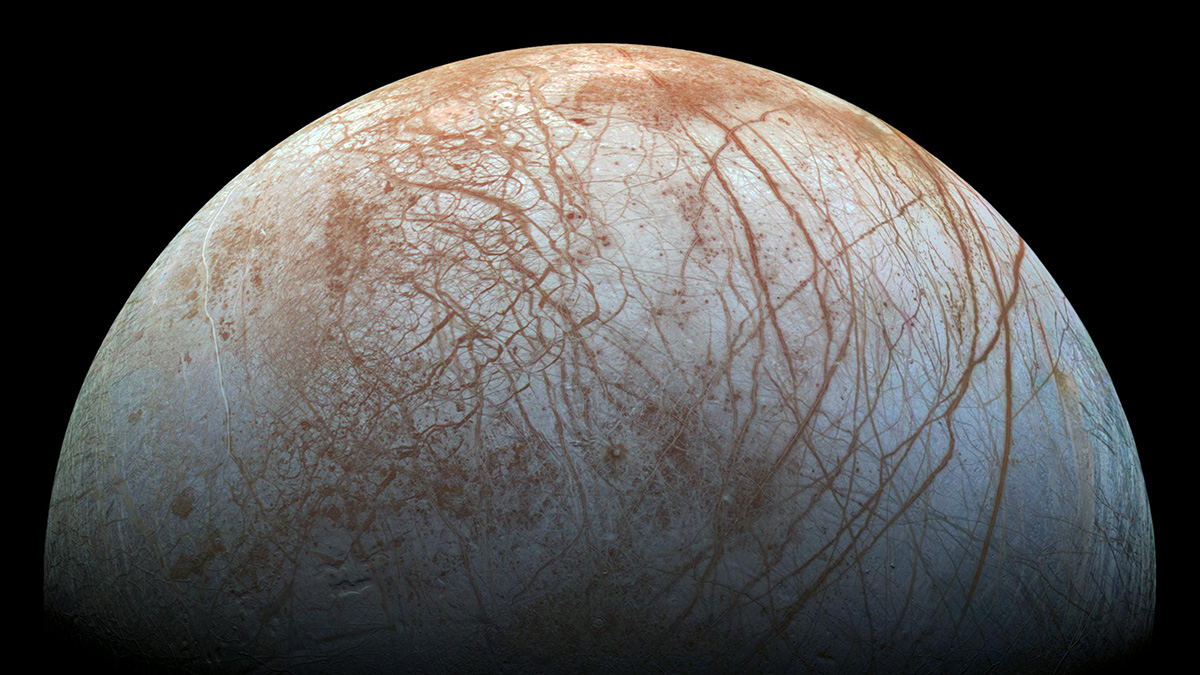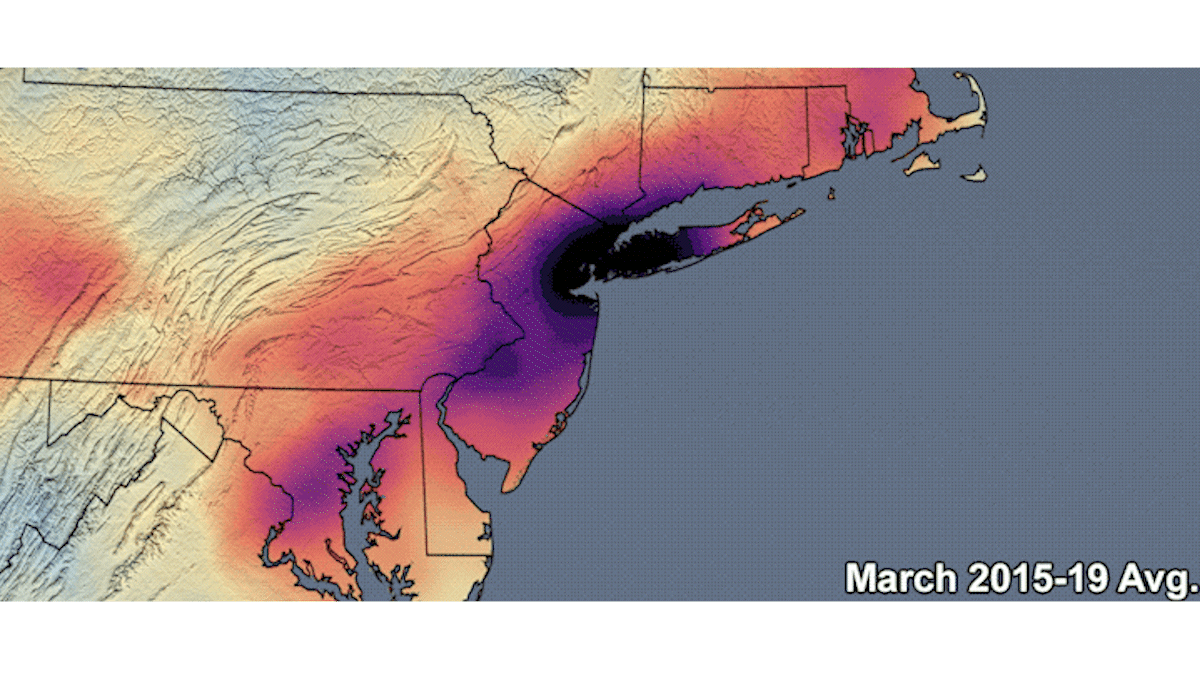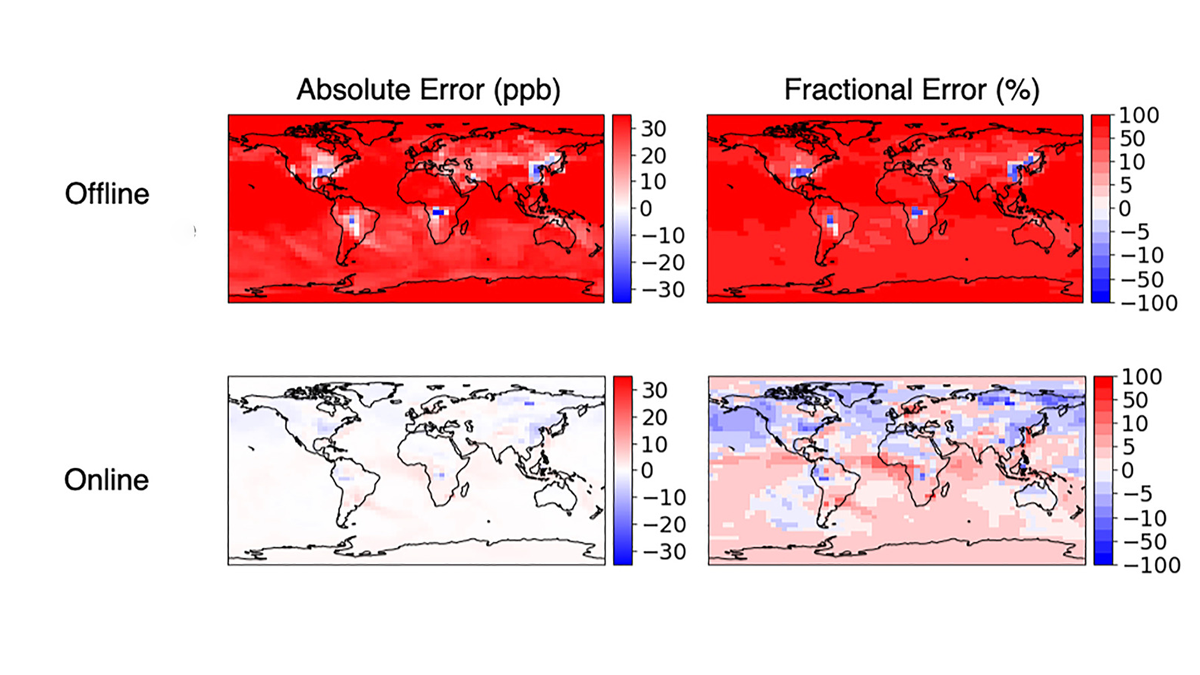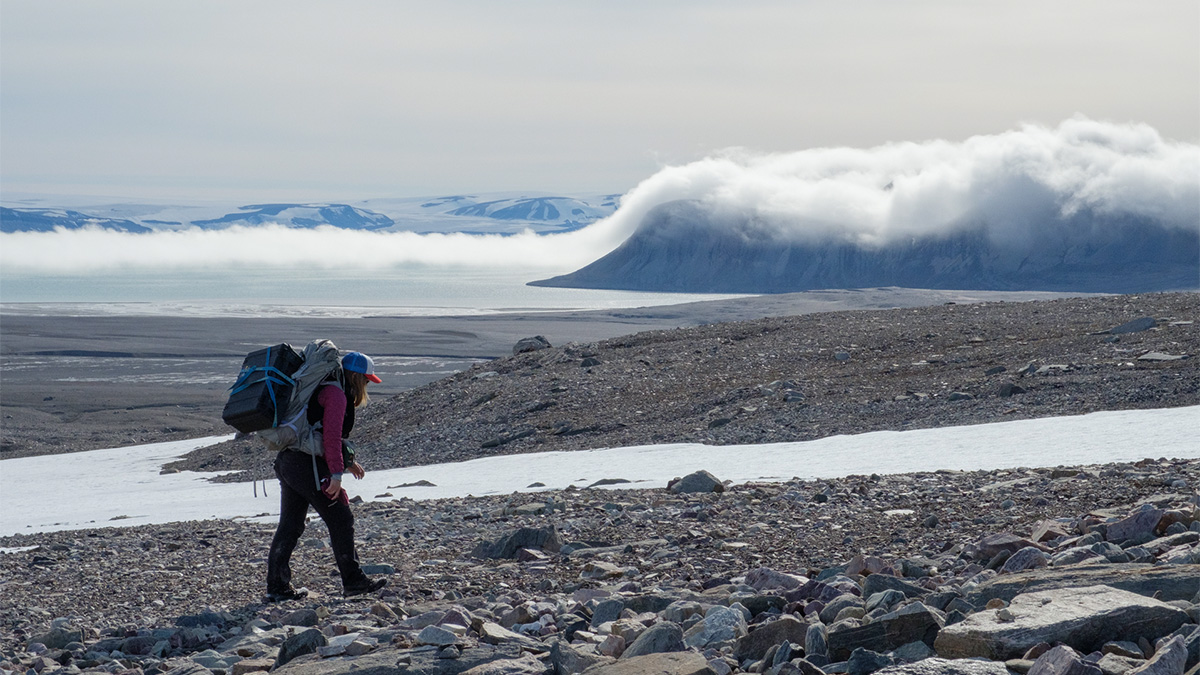Extrapolation or not? Big data may help deep learning to go places where it has not been before by transferring learned hydrologic relationships.
data management
Zipping Up Data to Zap Them Back from an Icy Moon
NASA wants to send instruments to distant moons like Europa and Enceladus to search for life. But getting vital data back to Earth over limited bandwidth will take some impressive compression software.
Las redes sociales complementan a la ciencia durante los desastres naturales
La información compartida en las plataformas de redes sociales podría ayudar a los científicos a recopilar datos en tiempo real y ayudar a las agencias en los esfuerzos de ayuda.
Monitoring the Health of Our Planet using Earth Observations
A new book explores how Earth science knowledge addresses critical global challenges including sustainable development, disaster risk reduction, and climate change.
Social Media Supplements Science During Natural Disasters
Information shared on social media platforms could help scientists gather real-time data and assist agencies in relief efforts.
Using Data to Mitigate Inequitable Environmental Burdens
A new transdisciplinary special collection welcomes studies exploring data and tools for identifying and mitigating environmental injustice.
Accurate and Fast Emulation With Online Machine-Learning
Online training produces more accurate and stable machine-learned models than classic offline learning from big data sets.
Western US Adjoint Tomography Reproduces Waveform Complexity
Adjoint tomography employing 3D wavefield simulations for 72 well recorded regional earthquakes in the western U.S. yields spectacular improvements to waveform fits.
The Big Data Revolution Unlocks New Opportunities for Seismology
The field of seismology is entering a new era where our understanding of earthquakes and the solid earth is increasingly driven by new Big Data experiments and algorithms.
Playing It Safe in Field Science
Researchers face many risks when working in the field. Documenting past and future accidents and safety incidents can help identify patterns and practices to keep scientists out of harm’s way.










